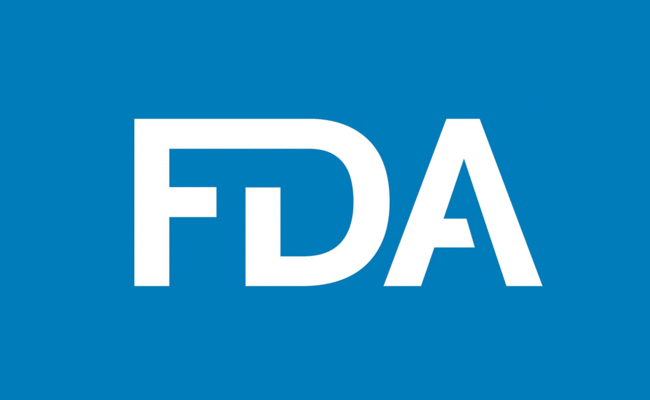FDA Reverses Emergency Use Authorization for Hydroxychloroquine
After issuing the emergency use authorization of hydroxychloroquine in March, FDA acquired clinical trial results that showed the drug may not be effective against COVID-19.

Source: FDA Official
- FDA recently revoked the Emergency Use Authorization (EUA) for chloroquine phosphate (CQ) and hydroxychloroquine sulfate (HCQ), according to an official announcement.
For more coronavirus updates, visit our resource page, updated twice daily by Xtelligent Healthcare Media.
The announcement released earlier today stated that the decision to reverse the EUA is based on newly gathered information including clinical trial data results that led the agency to conclude that the drug may not be effective to treat COVID-19.
At the end of March, BARDA requested that FDA issue a EUA for formulations of CQ and HCQ for COVID-19. At this time, FDA had acquired information that showed the drug had more potential benefits that outweighed any potential risks.
FDA noted that EUA’s are revoked when the Act no longer exists, the criteria under 564(c) of the Act for issuance of such authorizations are no longer met, or other circumstances that make revisions or revocation appropriate to protect the public health or safety.
The agency concludes that these criteria are no longer met due to various different bases, including:
- Dosing regimens for CQ and HCQ are unlikely to produce an antiviral effect
- Recent data from randomized controlled trial assessing probability of negative conversion showed no difference between HCQ and the standard of care alone
- NIH guidelines now recommend against such use of outside clinical trial
- There is no evidence of benefit for mortality or other outcomes such as mechanical ventilation of HCQ treatment in infected patients
“FDA has concluded that, based on new information and other information in the attached memorandum, it is no longer reasonable to believe that oral formulations of HCQ and CQ may be effective in treating COVID-19, nor is it reasonable to believe that the known and potential benefits of these products outweigh their known and potential risks,” the press release stated.
Back in April, FDA issued the EUA for hydroxychloroquine. As part of the EUA, HHS accepted 30 million doses of hydroxychloroquine sulfate, donated by Sandoz, and chloroquine, donated by Bayer pharmaceuticals, to distribute to hospitals across the US.
At this time, hydroxychloroquine was one of the most commonly prescribed treatments for COVID-19 patients. Specifically, a poll from Sermo surveyed 6,200 physicians across the world and found that hydroxychloroquine was prescribed 56 percent of the time.
But just last week, a clinical trial found that high doses of hydroxychloroquine did not prevent illness compatible with COVID-19 when initiated within four days after a high-risk or moderate-risk exposure.
The results published in The New England Journal of Medicine found that new illness compatible with COVID-19 did not differ substantially between participants receiving hydroxychloroquine (11.8 percent) and those receiving placebo (14.3 percent).
The absolute difference between those receiving hydroxychloroquine and those receiving placebo was -2.4 percentage points. New COVID-19 infections developed in 107 of 821 participants, or 13 percent during the 14 days of follow-up.
Side effects were more common with hydroxychloroquine than with placebo. Specifically,
17 participants stopped taking the assigned drug in the hydroxychloroquine group, while only eight participants in the placebo group did the same.
Among the participants who took any hydroxychloroquine, 40.1 percent reported a side effect by Day 5, versus 16.8 percent receiving placebo. Nausea, loose stools, and abdominal discomfort were the most common side effects.
